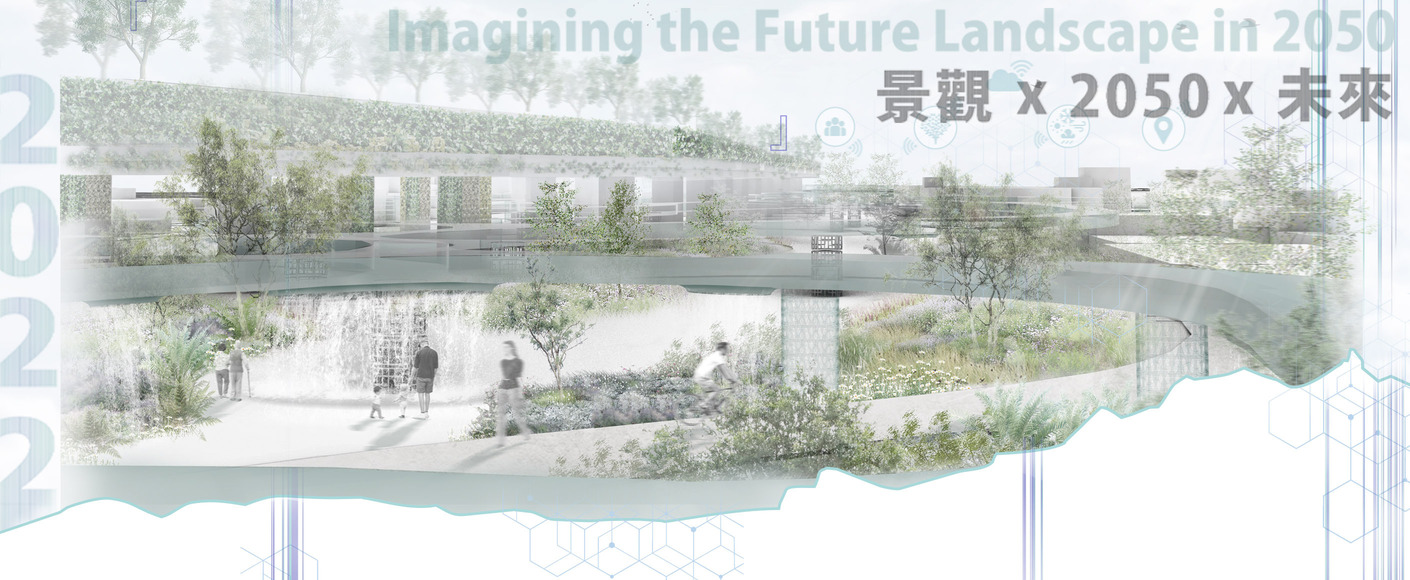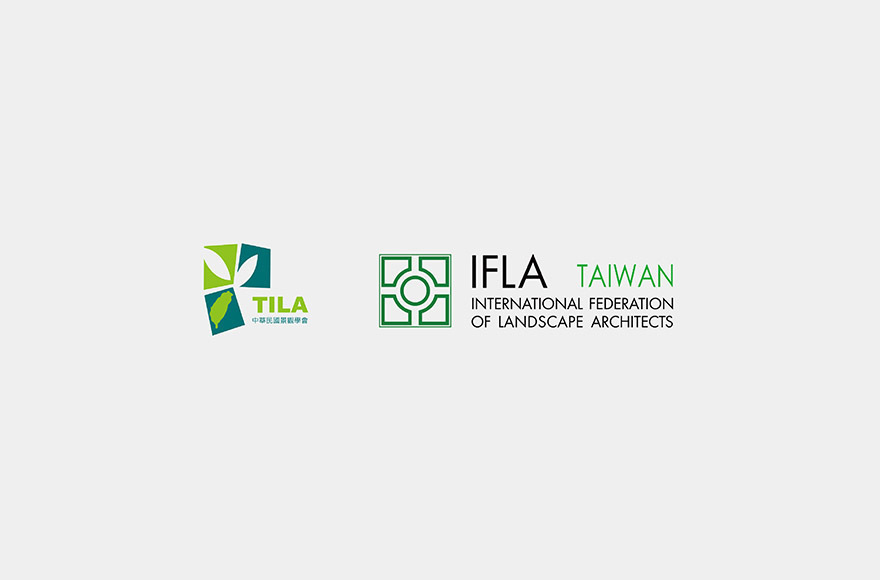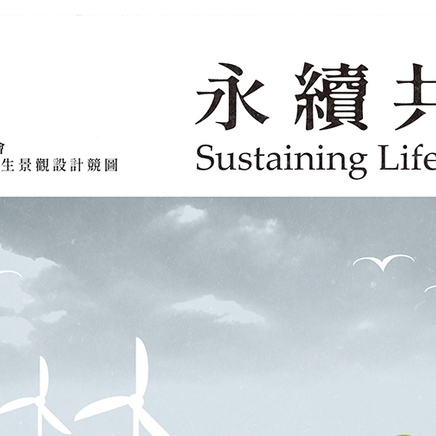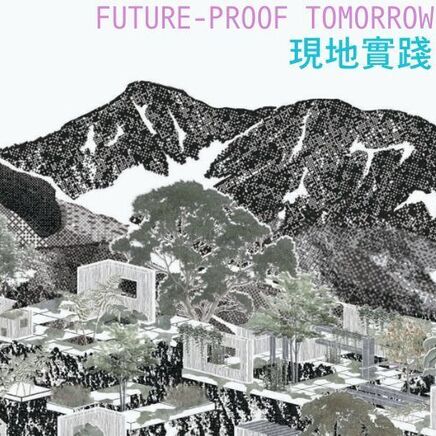Climate change has already had a significant impact on the Earth's environment, and the issue of climate has gained international attention. The 2015 United Nations Climate Change Conference adopted the Paris Agreement, which aims to limit the global average temperature increase to below 1.5℃ above pre-industrial levels. Many countries have also committed to achieving net-zero emissions by 2050. In line with the global trend towards net-zero emissions, on April 22, 2021, Taiwan's President Tsai Ing-wen declared that achieving net-zero by 2050 is not only a global goal but also Taiwan's goal.
In March 2022, the Taiwanese government officially released the "Taiwan's 2050 Net-Zero Emissions Pathway and Strategy," providing a trajectory and action plan towards net-zero emissions by 2050. This strategy aims to promote technological advancements, research, and innovation in key areas, guide industries in their green transformation, and drive a new wave of economic growth. The plan involves four major transitions: "energy transition," "industry transition," "lifestyle transition," and "social transition," with action plans formulated for the significant sectors expected to experience growth under these transition policies.
Given the context above, we are at the beginning of a new era where landscape architecture will take on new perspectives and appearances to align with the wisdom of nature. This transformation will involve incorporating interdisciplinary knowledge, such as artificial intelligence, decentralization, net-zero green living, passive strategies, new energy sources, CCUS (Carbon Capture, Utilization, and Storage) technology, etc. It will require more innovative ideas, based on the principle of coexistence between humans and nature, to create new landscape approaches. We encourage participants to define and interpret the challenges and dilemmas that will be faced in 2050, use physical spaces as demonstration sites, and adopt innovative landscape methods as solutions to prepare for the imminent future.
The First Prize
——————————————————————
The Second Prize

The Second Prize

The Second Prize
——————————————————————
The Third Prize

——————————————————————
The Third Prize

——————————————————————
The Third Prize

Taiwan Institute of Landscape Architects
2022 The 17th National Student Landscape Design Competition-All Prizes
Taiwan Institute of Landscape Architects, National Student Landscape Design Competition has entered its 17th year in 2022. In the ever-changing environment of today, this competition integrates the current environmental and current affairs issues each year, devising themes that cater to contemporary needs. It provides a platform for students and professionals in the landscape design field across the country to exchange and stimulate creative ideas, encouraging reflections on contemporary issues within the landscape community and inspiring innovative thinking. Looking back at past competition themes, they have covered various aspects such as ecology, environmental crises, environmental technology, artistic thinking, and the power of landscapes, resulting in tangible outcomes in terms of design creation and inspiration.
In the Landscape Architecture Foundation's New Landscape Declaration, it is mentioned that for centuries, humanity has exploited the Earth's resources and damaged the environment without much concern. We are now in an era of extreme climate change, characterized by rising sea levels, resource depletion, land desertification, and an unprecedented rate of species extinction. However, despite the incomplete pessimism about the future, we are beginning to understand the true complexity and interconnectedness of the Earth's environmental system, recognizing that humans are an essential part of stability and productivity. Landscape designers play a crucial role in coordinating actions to combat climate change, helping communities adapt to a changing world, bringing artistry and sustainability, preserving cultural landscape heritage, and protecting all life on Earth.
Given the ongoing degradation of the Earth's environmental system, new landscape strategies are bound to evolve to respond to future trends, maintain harmony and balance between humans and nature, and achieve sustainable development goals. This requires the integration of more knowledge and the development of interdisciplinary concepts. Are you ready for the future?



